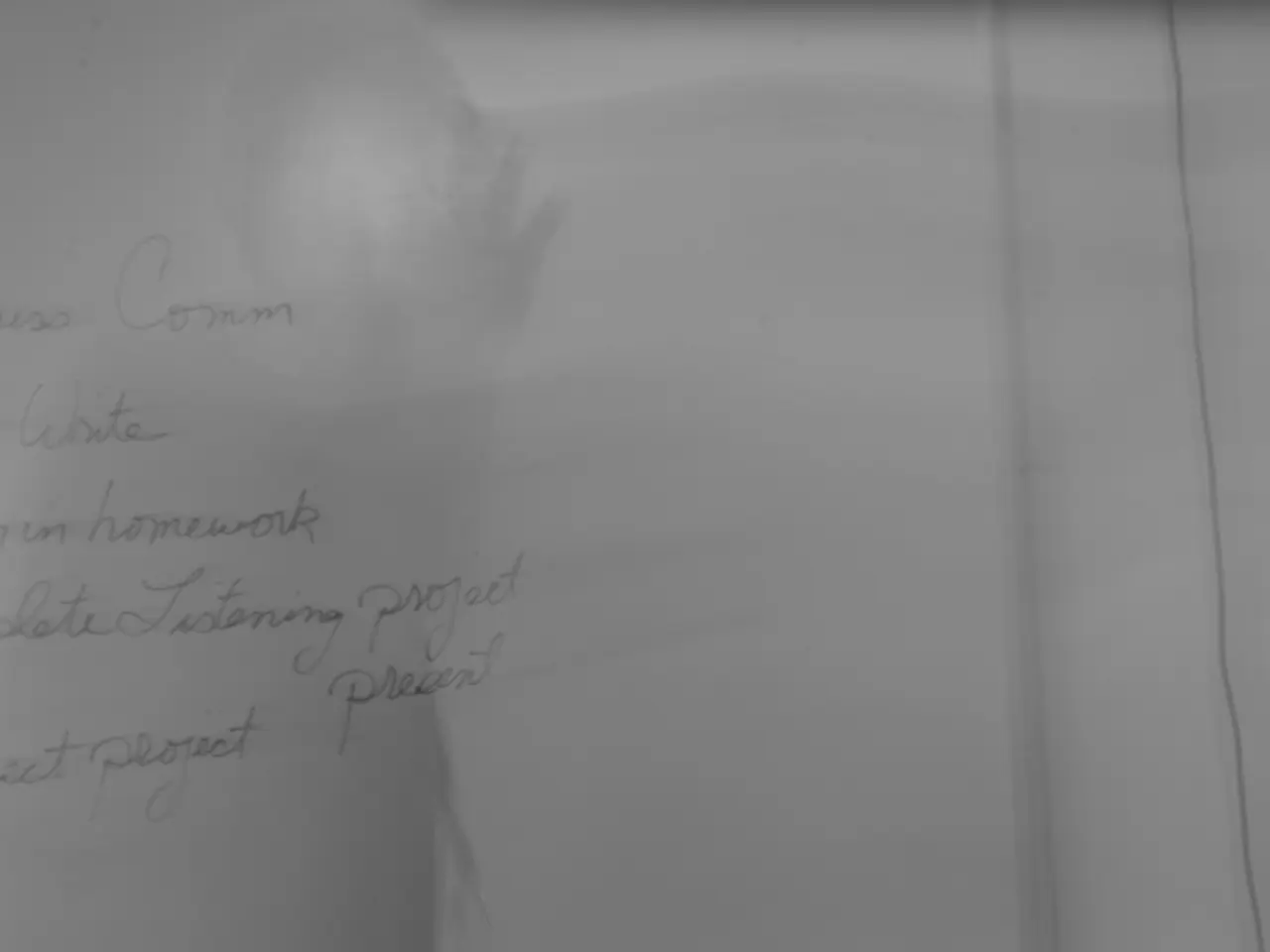The European Union's upcoming direction remains uncertain.
In a remarkable initiative, a project has been running since January 2023, aiming to inform, engage, and create a platform for exchange. The project, spearheaded by Heike Boesche, a trainer and speaker for the Marte Meo method, is making a significant impact on the lives of people with dementia and their families.
Heike, who is the daughter of a mother with dementia, introduced the Marte Meo method, a resource-oriented communication approach that strengthens relationships with people with dementia. The method, developed by Maria Aarts, is a video-based intervention technique that focuses on enhancing communication and interaction by observing everyday interactions between caregivers and those they care for.
The Marte Meo method has proven to be a game-changer, helping caregivers recognise subtle positive interactions and communication cues from people with dementia, improving understanding and responsiveness. By focusing on positive communication patterns, it fosters better emotional connections between individuals with dementia and their families or caregivers.
The method also provides caregivers with practical tools and feedback to improve their caregiving approaches, reducing stress and increasing confidence. Encouraging meaningful interactions helps people with dementia feel acknowledged and supported, which can improve mood, reduce agitation, and enhance engagement in daily activities.
The project, running under the banner of a local alliance for people with dementia, as expressed by Christoph Venedey, director of the Hubertus Stift, has been met with a positive response. Many participants have reported that the Marte Meo method has been very helpful. The project's environment fosters cohesion among people with dementia and their families, creating active positive contacts within the community.
Heike Boesche emphasised the importance of respectful interaction, stating that accepting changes brought by dementia is a crucial process. The Marte Meo method allows those affected by dementia to feel valued and actively included in the community, promoting independence and well-being.
Christoph Venedey expressed his delight at the positive response to the project, stating, "Together, we may call ourselves a local alliance for people with dementia." The communication approach fosters positive bonds at eye level, strengthening relationships and creating a supportive community for people with dementia and their families.
In conclusion, the Marte Meo method helps tailor communication strategies that respect and respond to the unique needs of people with dementia, thereby improving their quality of life and positively impacting their families. The project is a beacon of hope for those affected by dementia, offering a supportive and respectful environment for communication, interaction, and community engagement.
Science and health-and-wellness are closely intertwined in the Marte Meo project, a platform for exchange focused on mental health and aging. The project employs therapies-and-treatments like the Marte Meo method, a resource-oriented communication approach, to strengthen relationships with people with dementia. Aging, particularly in the context of dementia, is addressed by the project, aiming to improve the quality of life for those affected while fostering a supportive community.




